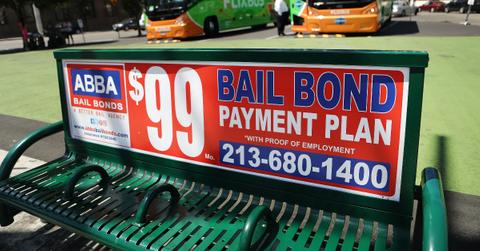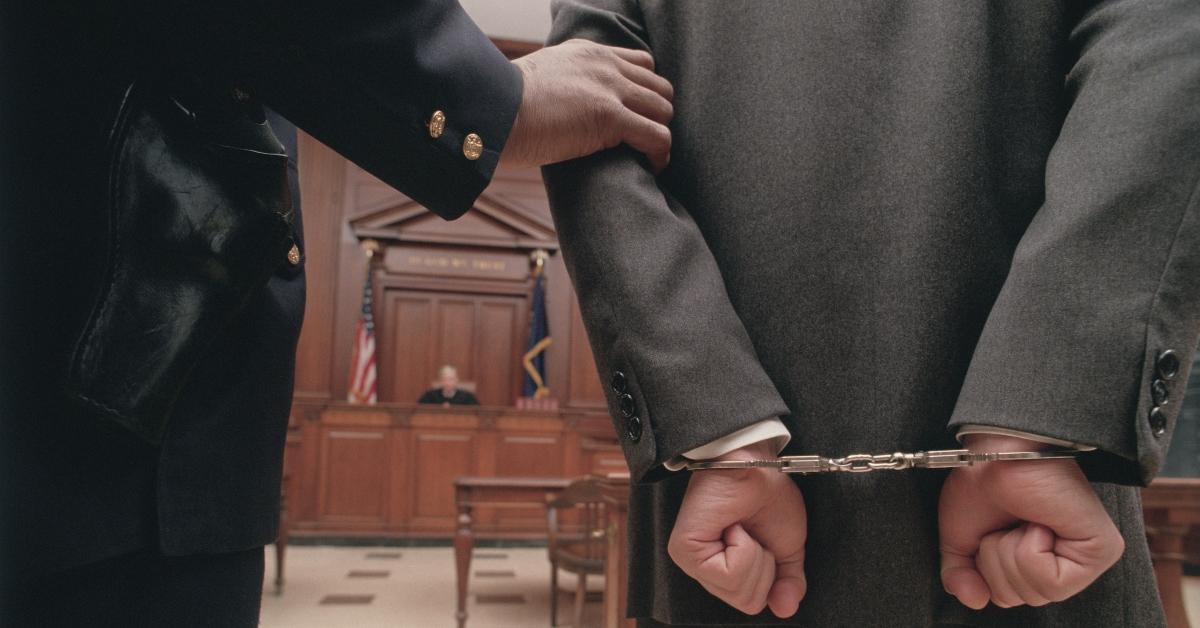Behind Bars and Beyond: Understanding the Ins and Outs of Jail Bail Bonds
If you're ever arrested, you may be able to use a bail bond to avoid jail, at least until your scheduled court appearance. So, how do bail bonds work?
March 31 2023, Published 12:43 p.m. ET

Hopefully, you’ll never be in a situation where you or a loved one is arrested and sent to jail. But if this does happen, you may be able to use a bail bond to avoid jail, at least until your scheduled court appearance.
So, how do jail bail bonds work? Keep reading for all the details on jail bail bonds and what you can expect throughout the process.
How do jail bail bonds work?
Bail is the amount of money a court determines a suspect in custody has to pay to avoid being jailed in the time between their arrest and appearance in court to face charges. Although laws about bail may differ from state to state, most people are entitled to bail if they're accused of a non-capital crime.

If an individual can’t afford to make bail on their own, they can enlist the help of a bail bond agency. The bail bondsman pledges money to pay the defendant’s bail in exchange for a guarantee that the defendant will show up for their court date.
The bail bond, or surety bond, is a signed agreement between the bondsman and the defendant.
Not all states allow bail bonds. The states that don’t have jail bail bonds are Illinois, Kentucky, Maine, Nebraska, Oregon, and Wisconsin.
How long do you stay in jail if you can’t make bail?
The legal system can take time. Even though defendants are promised a speedy trial, the term "speedy" is subjective depending on each court system. So, if you can’t make bail, you could end up spending weeks, months, or even years sitting in jail awaiting your trial.

Do you get the bail money back?
Yes, if defendant posts their own bail, they usually get the bail money back after they show up for all their court appearances. However, if the accused misses a court date or gets arrested while on bail, the court keeps the money.
You also won’t get back any bail money if you use a bail bond agent. You are typically required to pay the bail bond agency a percentage of the total bail amount. For example, for a $5,000 bail, a bail bond agent may require you to pay 10 percent or $500. This is their fee for helping pay the bail amount. After you make all your court appearances, the bail bondsman gets back the money they put up for your bail, but you don’t get the money you paid the bondsman.
What's the longest someone can be out on bail?
The amount of time a person can be out on bail usually depends on the severity of the crime they are accused of. In many states, bail bonds can last as much as 90–120 days.

Can bail be denied?
In some cases, a judge may deny bail for a defendant. For example, defendants accused of felony offenses such as murder or sexual assault may be denied bail. A court may also deny bail if the defendant is a repeat offender, a flight risk, or a threat to society.
What are the risks of working with a bail bond agent?
If you are in a situation where you need a bail bond, proceed with caution and do your research before you sign anything. Not all bail bond agents are trustworthy. Also, using a bail bond agency can be costly. Remember, you don’t get back the amount you pay a bail bond agent, even if you show up for all your court appearances. And, if you don’t show up for court, the bail bond agency may hire a bounty hunter to track you down.
